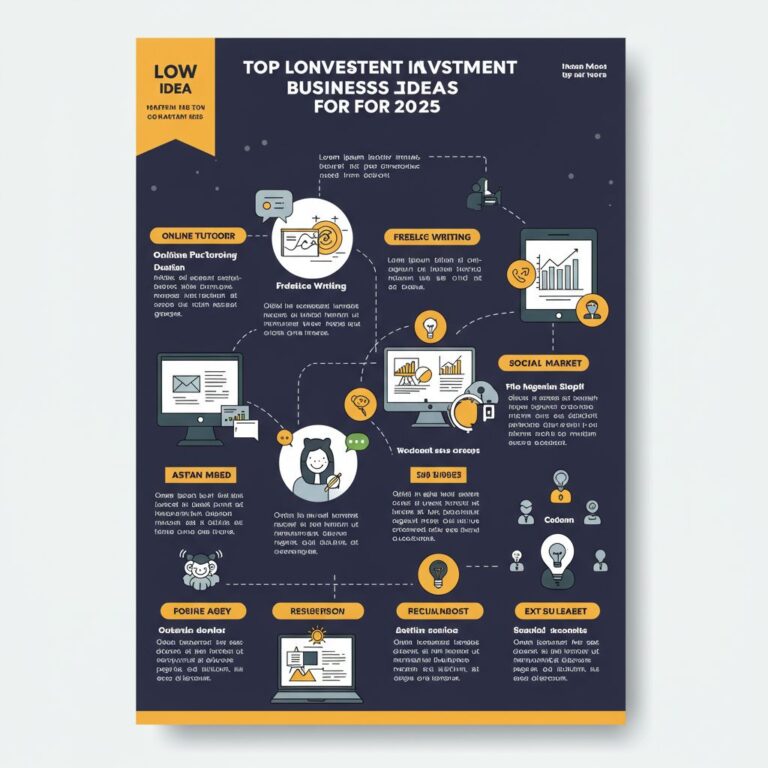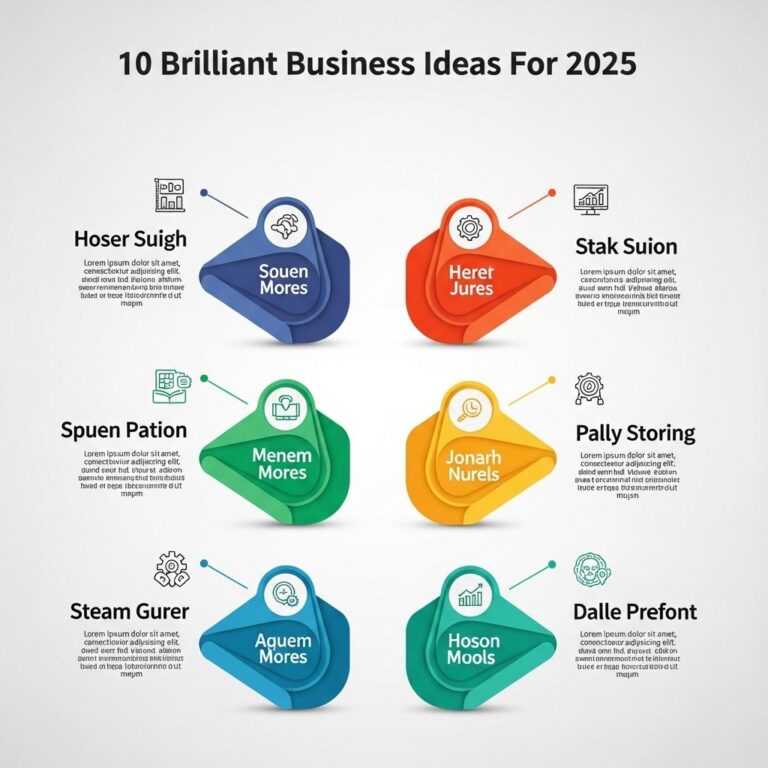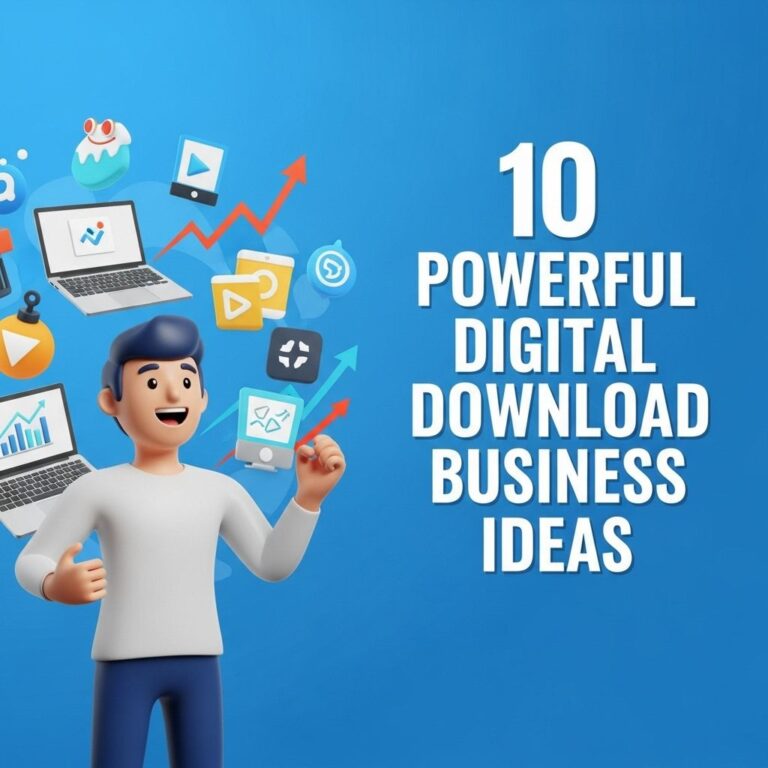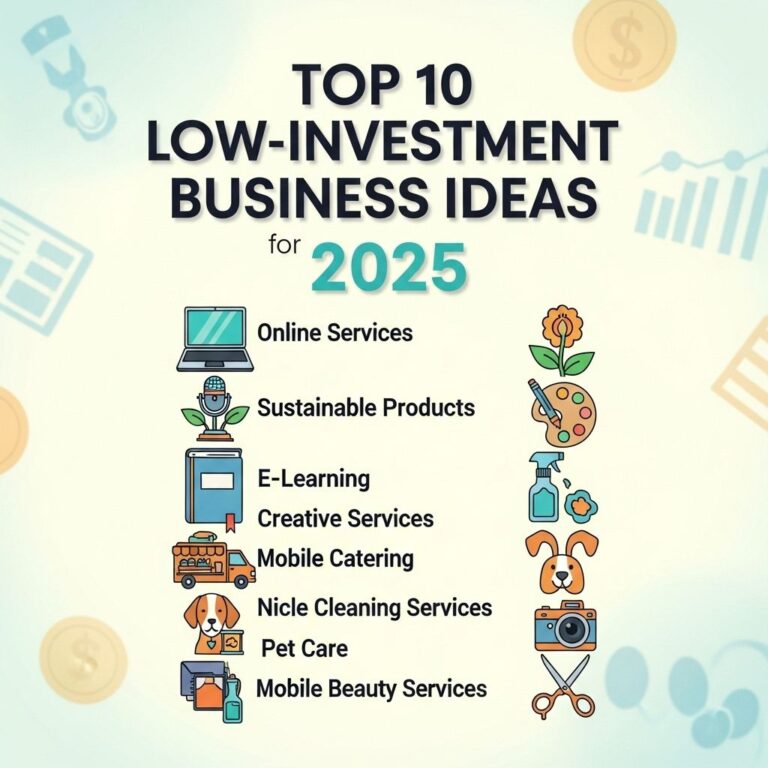In today’s dynamic economy, starting a business has never been more accessible, especially for aspiring entrepreneurs with limited capital. Innovative ideas and digital technologies have opened doors for low-investment businesses that can be initiated with minimal financial risk. This article explores five promising low-investment business ventures that you can start right now, detailing the required resources, potential challenges, and strategies for success.
Starting a business doesn’t always require a hefty investment; in fact, there are several low-cost options you can dive into today. From online shops to freelance services, these ventures allow you to harness your skills and creativity without breaking the bank. For those looking to enhance their branding, consider using free resources like download free bag mockups to showcase your products.
Table of Contents
1. Dropshipping
Dropshipping is a retail fulfillment method that does not require the business owner to keep products in stock. Instead, when you sell a product, you purchase the item from a third party and have it shipped directly to the customer. This means that you never handle the product yourself, significantly lowering your inventory costs.
Key Benefits:
- Low upfront investment; no need for inventory.
- Ability to scale quickly without significant overhead costs.
- Wide variety of products to choose from.
Challenges:
- Reliance on suppliers for product quality and shipping times.
- Intense competition in popular niches.
- Potentially low profit margins.
Getting Started:
- Choose a niche market that interests you.
- Set up an online storefront using platforms like Shopify or WooCommerce.
- Find reliable suppliers through platforms like AliExpress or Oberlo.
2. Freelancing
Freelancing has gained immense popularity as more professionals seek flexible work arrangements. If you have a skill such as writing, graphic design, web development, or digital marketing, freelancing can be a lucrative path.
Key Benefits:
- Flexibility to choose your projects and clients.
- Possibility of high earnings based on your skill level.
- Minimal startup costs beyond marketing your services.
Challenges:
- Irregular income can be a concern.
- Time management is crucial to juggle multiple projects.
- Building a client base can take time.
Getting Started:
- Build a portfolio showcasing your work.
- Join freelance platforms like Upwork, Fiverr, or Freelancer.
- Network through social media and professional groups.
3. Affiliate Marketing
Affiliate marketing is a performance-based business model where you earn commissions by promoting other companies’ products. You can do this through your website, blog, or social media platforms.
Key Benefits:
- Low start-up costs; mainly requires a website or social media profile.
- Potential for passive income as you earn commissions on sales generated through your referrals.
- Wide range of products and services to promote.
Challenges:
- Building an audience takes time and effort.
- Requires knowledge of digital marketing techniques.
- Commission rates can vary significantly.
Getting Started:
- Choose a niche that aligns with your interests and expertise.
- Sign up for affiliate programs like Amazon Associates or ClickBank.
- Create valuable content that attracts and engages your target audience.
4. Social Media Consulting
As businesses increasingly recognize the importance of a strong online presence, social media consultants are in high demand. If you have expertise in social media strategy, content creation, or analytics, this can be a rewarding business opportunity.
Key Benefits:
- In-demand service as companies seek to enhance their online visibility.
- Opportunity to work with diverse clients across various industries.
- Minimal investment needed beyond marketing and tools.
Challenges:
- Staying updated with ever-changing algorithms and trends.
- Demonstrating tangible results to clients can be challenging.
- Building a strong reputation takes time.
Getting Started:
- Develop a deep understanding of various social media platforms.
- Create a personal brand on social media to showcase your expertise.
- Network and offer free consultations to build your portfolio.
5. Online Tutoring
The demand for online learning has surged, creating opportunities for individuals to offer tutoring services. If you excel in a particular subject, you can teach students of all ages from the comfort of your home.
Key Benefits:
- Low start-up costs; requires only a computer and internet connection.
- Flexible schedule allows you to work at your convenience.
- High demand for subjects like math, science, and languages.
Challenges:
- Attracting students can take time and effort.
- Requires strong communication and teaching skills.
- Market saturation can be a concern in popular subjects.
Getting Started:
- Identify your area of expertise and target audience.
- Choose a platform to conduct your sessions (Zoom, Skype, etc.).
- Market your services through social media, local advertisements, or tutoring platforms.
Conclusion
Starting a low-investment business can be a fulfilling venture that allows you to pursue your passions while generating income. By adopting the right strategies and maintaining a commitment to your business, you can navigate the challenges and capitalize on the opportunities that arise. Remember that success may not come overnight, but with persistence and dedication, your entrepreneurial dreams are within reach.
FAQ
What are some low investment businesses I can start now?
Some low investment businesses you can start now include dropshipping, freelance services, social media consulting, virtual assistant services, and homemade crafts.
How much money do I need to start a low investment business?
You can start a low investment business with as little as $100 to $500, depending on the business model and your specific needs.
What skills do I need to start a freelance service?
To start a freelance service, you typically need skills in areas like writing, graphic design, web development, or digital marketing.
Is dropshipping a profitable business model?
Yes, dropshipping can be a profitable business model, but success depends on effective marketing, choosing the right niche, and managing supplier relationships.
Can I start a homemade crafts business without a website?
Yes, you can start a homemade crafts business on platforms like Etsy or social media, which allow you to sell directly without needing a dedicated website.
What are the benefits of starting a low investment business?
The benefits of starting a low investment business include lower financial risk, flexibility to work from home, and the ability to scale your business as it grows.









